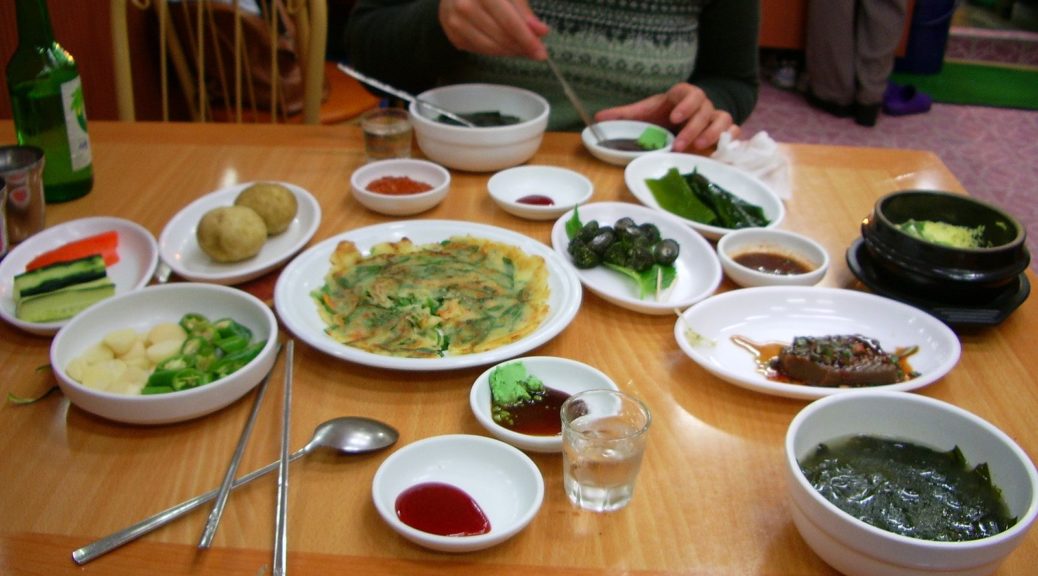By Sarah Ta
Like many college students, I struggle with procrastination. As I advance through college, I’ve gotten better at completing my work, but it’s always at the last minute. The process of completing assignments right before the deadline causes me an unnecessary amount of stress. This lack of motivation started in my junior year of high school and originally, I thought I was just burnt out from school. I kept telling myself that it’d get better once AP testing was over, but then summer came and I was still in a weird slump. I still had no motivation to do anything, and honestly, I haven’t since.
For the past three years of my college career, I’ve barely been able to scrape by– often narrowly missing deadlines and sometimes completely missing them. I’ve tried everything I could to figure out why, but it’s been a journey. In my sophomore year, I tried going to short-term therapy at the Engemann Health Center. It ended up not being right for me and I was referred out. Due to transportation issues, I couldn’t go through with the referrals and was left to deal with it on my own for a while. Last semester, I decided to try meeting with an academic adviser at the Kortschak Center for Learning and Creativity to help with time management. My adviser was lovely but in the end, it didn’t do much for me. I never figured out why I was procrastinating and I just continued cramming all my work in at the last minute.
I was starting to lose hope when I discovered something known as Telehealth, a form of virtual counseling designed for those who don’t have access to therapy near them. While this wasn’t possible for me, they didn’t accept my insurance, it pushed me to contact Engemann again to see if they had any other options. I was a little apprehensive because my original experience wasn’t very helpful, but after my session with a new therapist last week, I think that it was just a matter of finding the right person.
While the therapist I met with is temporary, until I get connected with someone long-term, we really clicked and he helped me realize the source of my procrastination. A lot of people assume that procrastination is a result of poor time management skills, but in reality, it’s usually a symptom of more serious mental health issues. For me, it stems from my deep-rooted sense of perfectionism. When I discovered this, it felt like a huge weight was lifted off my shoulders. This whole time, I blamed myself for not being disciplined enough but in reality, it was something much more serious.
If my journey sounds similar to what you’re going through, I encourage you to reach out to a professional. The stigma around mental health makes the idea of seeking help seem only for those who are in a serious crisis, but the earlier you reach out, the better. No matter where you are in your mental health journey, I hope that you give therapy a chance and keep an open mind to all the different types of resources available. I wish you the best and good luck with your studies!
Additional Resources:
Mindful USC empowers the USC community to make positive change in the world by building a culture of mindfulness and compassion. There is ongoing training, practice groups and special events.
AskAri is a virtual wellness assistant. You can start a dialogue online.
And for more resources and ways to help your wellbeing go to wellbeing.usc.edu!
USC Dornsife also has some wonderful articles related to procrastination. Such as, Reining in Procrastination by Emily Gersema.
Featured image by Vic on Flickr
Sarah is an junior from the San Gabriel Valley studying GeoDesign. In her free time, she enjoys reading, exploring L.A., trying new foods, and of course, meeting new people. She can speak conversational Cantonese, and is currently learning Mandarin. Even though her Chinese is limited, that doesn’t stop her from striking up a conversation with other international students. She is always happy to learn about other cultures.


